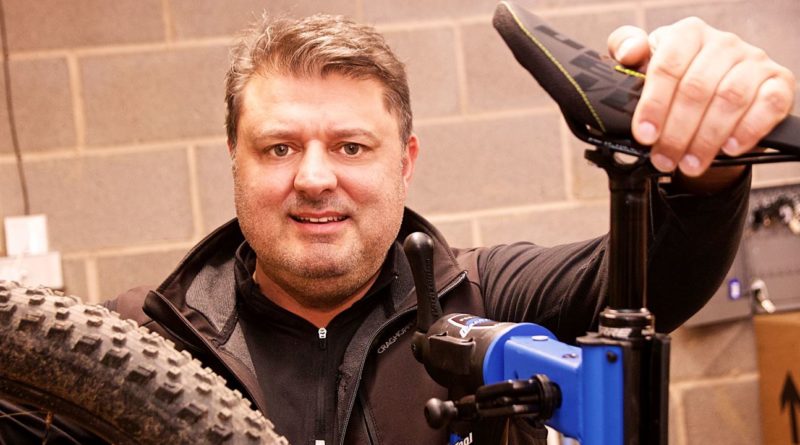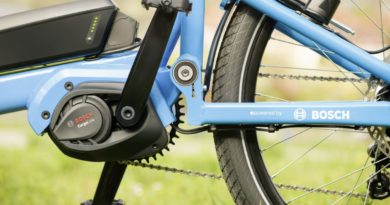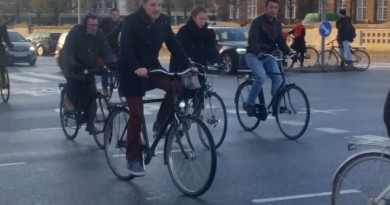The Electric Bike Shop details long term view on rapid expansion
The Electric Bike Shop has rapidly grown its footprint in the pandemic years, now covering many of the UK’s key cities. So what’s the long-term view for the retail empire? CI.N checks in with the team for more insight…
How does one approach expanding a multi-location business during a pandemic?
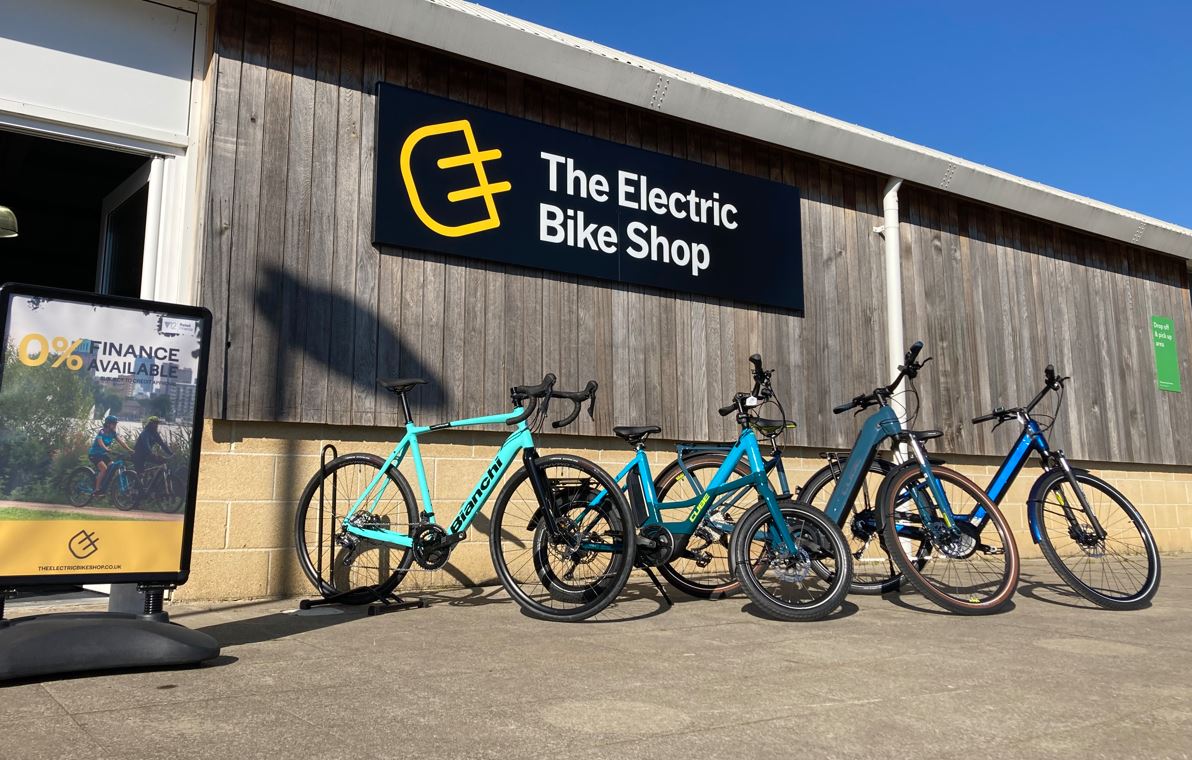 Firstly, the pandemic is mostly irrelevant. For me it was more a case of: are the fundamentals of the market sound, is there a need, is there a solution? Do we have the people who can deliver, and can we do it with driving enthusiasm?
Firstly, the pandemic is mostly irrelevant. For me it was more a case of: are the fundamentals of the market sound, is there a need, is there a solution? Do we have the people who can deliver, and can we do it with driving enthusiasm?
However, there were some issues that the pandemic raised, and we had to overcome these. The minute it was announced that bike shops were to stay open as essential retailers, we contacted all of our suppliers. Whilst many of our competitors cancelled or cut their orders, we increased ours.
One thing we could rely on was our capacity to spend on stock. For us, this wasn’t a gamble. It was a no brainer. Did the pandemic speed things up? Not really, as the number of sales that followed had already been planned. Any accelerated rate of sale was a double-edged sword as the stock just ran out a bit faster than we had anticipated.
The fundamental plan which has benefitted The Electric Bike Shop the most has been our approach to buying. Generally, within the market, an IBD would order the minimum from their supplier, then rely on the B2B for future sales. Our approach has been to forge true partnerships with our suppliers and order what we predict we can sell. For example, if we thought we could sell 3,000 we’d buy 3,000. We’ve kept it simple. The key for us is strong, mutually beneficial relationships with our suppliers. We’re all trying to achieve the same goal.
Because we had planned ahead and stuck to our guns, by the time 2020 had passed and 2021 came around, we had secured enough stock to allow us to open three more stores with a healthy fill level. We also had plenty more to come with our name on it, secured at all points along the supply chain.
When it came to the new store openings, it was tougher than usual to get all the people and products in place during the pandemic. Meetings that were held on-site were done online or on the phone. All of the new store recruitment was done on Zoom or Teams, with only the final face-to-face meet carried out in person, with perfectly managed social distancing practices.
The shopfitting team was kept to a minimum skeleton crew and bubbled into shift teams to keep everyone safe. Our people really banded together, there was a real buzz on every new store project and a real sense of collective achievement when we finally opened the doors. Unfortunately, there could be no fanfare or grand opening as government advice was still to stay home.
Even at the best of times when the economy is strong and you’re operating with a degree of certainty; starting up a business is a risky affair with a whole heap of obstacles and surprises along the way. One of the reasons we’ve continued our success since the pandemic hit the whole world so hard in 2020, is our belief in eBikes and eCargo bikes as incredibly important products both for now and for the future. More and more people are starting to agree with our view, and we’re doing our best to meet or exceed those customers’ demands.
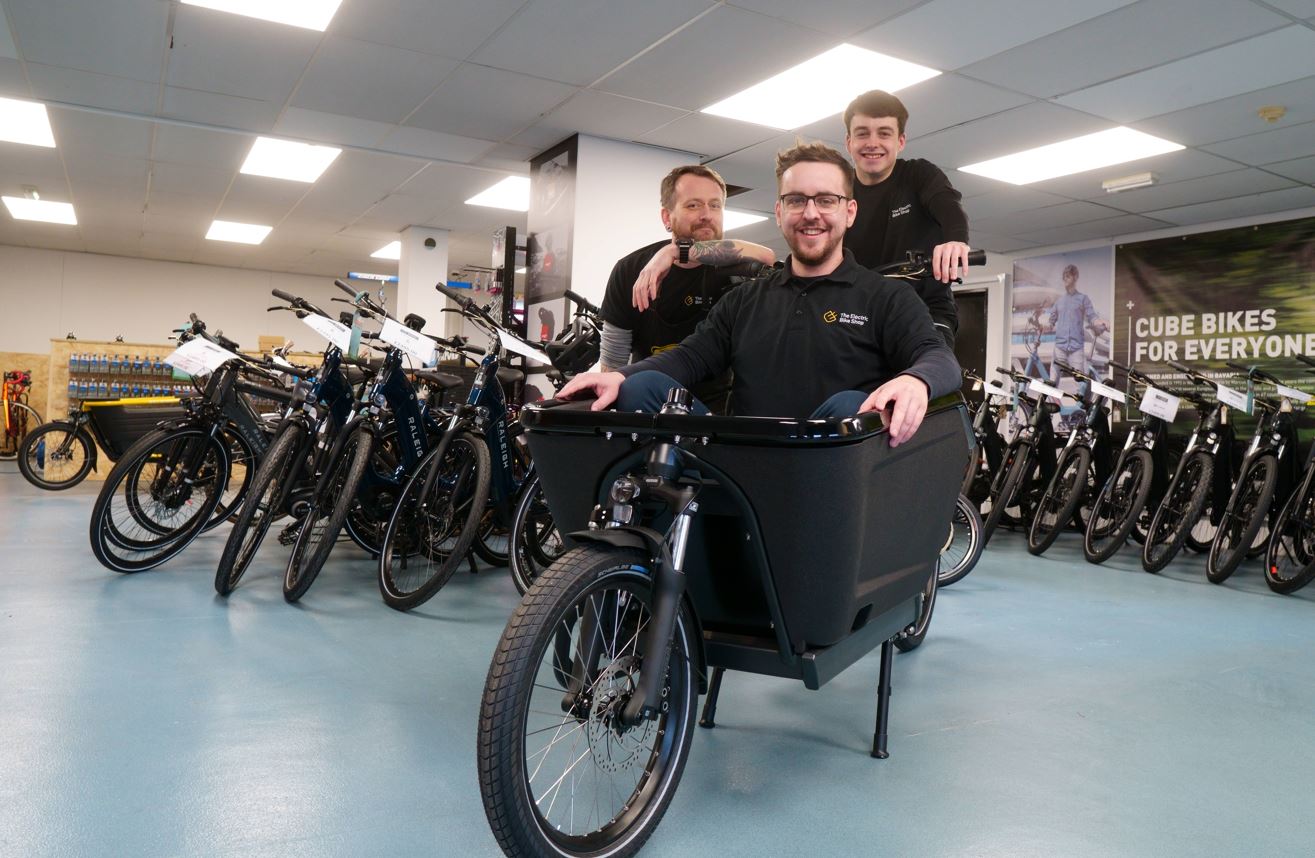
There’s a new wave of ‘cycling as transport’ businesses serving a customer who may not have ridden journeys, or even ridden at all, pre-pandemic. What opportunities do you see with this audience?
The main philosophy or process is simple; make our stores as friendly and as welcoming as possible. All too often IBDs can be intimidating places, not by design obviously, but due to the seemingly specialist nature of the product and technical jargon that runs through our industry. Many of our customers are not really cyclists but are people who simply want to go cycling for various reasons. Usually it’s for leisure, commuting, as an alternative means of sustainable transport, and more commonly now for use within their business, which often results in the purchase of an eCargo bike.
What we have done differently is welcome everyone, not just cyclists. We recognised an important shift in the form of newly-evolved customer profile groups that appeared during the pandemic, and we made sure our teams in store recognised them so they could provide the best assistance during these changeable times. We had the commuter that still had to go to work but did not want to use public transport. We had those that could not go on their usual overseas holiday, or go to the gym and saw a chance to have fun with an electric MTB instead.
We also had members of the older generation that were not cyclists, but loved cycling. They saw this as a way to have fun or just get back out there riding with fewer aches and pains.
The Electric Bike Shop invested a great deal of time and a keen focus of attention in recruiting the right people to recognise these different customers. We have since led these recruits through our extensive training programme, so they were fully prepared to make a real difference on our shop floors.
Growth in this climate has been hard for many to manage; massive customer demand resulting first in stock shortages and long lead times, then in a glut of some lines – how has the turbulence impacted your plans?
Our strategy was buying in volume pre-pandemic to service our growth, this dovetailed with the demand.
As for the long lead times, how you commit to your customer is of huge importance in terms of setting expectations. When setting expectations, delays and shortages were always factored in and fortunately, in most cases, we under-promised and overdelivered. Customers are happy to put down deposits and wait, as long as they are regularly updated. Knowing this, one of our most important KPIs is to speak to all of our customers on the waiting list for an order every fortnight, whether there is an update or not. Communication is key especially when some of the lead times were as long as eight months. We have no problem giving our customers their money back and saving their space in the queue. We both do and are seen to be doing the right thing.
As stock bikes (bikes not on a pre-order) arrive at our warehouse from our suppliers, we carefully go through our customer backorder list and run a comparison against the list of what we have just received. Sometimes we are able to identify a similar bike that might have a different motor, battery or be a different colour, but might still actually suit a particular waiting customer’s need. In this instance, we contact that customer and offer them the option of changing to what is available now.
We’ve made sure our phones stayed on at all times so our customers could contact us and we added a live chat function to our website so there was always someone there to talk to.
Some suppliers have insisted on substantial forward orders, which, coupled with reluctance to hold inventory, has presented a cash flow challenge for some bike shops – what changes do you see in the pre and post-pandemic business model?
Our business model has always been to place substantial orders and have partnerships across all stages of the supply chain, from the manufacturers right the way through to the end-user. To play our part, we manage the cash flow, the costs, and keep our organisation as lean as possible. This keeps us agile, and able to react.
Within our company, we leave our egos at the door. The customer is truly at the centre of our business process. If we create what is best for the customer, it is generally the best thing for us and our suppliers too. We are self-funded and don’t use pots of private equity, unlike many other large bike retailers. As a result, we have the flexibility to make good business decisions, independent of any outside influence or constraint.
A major part of a successful business is its relationship with its suppliers. Right from the start, we viewed this as a partnership. We helped them out and they would help us out. Our suppliers were also under a great deal of pressure, and we recognised this and worked with them.
Early on in the pandemic, we could see that supply would be a problem for a few more years so we put in some large orders knowing that they would more than likely end up being reduced. They were drastically reduced. Some of our orders were three times larger than a supplier’s UK allocation, but we wanted to show we meant business.
What we are finding now is a lot of IBDs cancelling orders and because of our relationships, we get offered to buy the bikes that are cancelled elsewhere. We have kept The Electric Bike Shop costs tight, really tight, in some cases. This has really helped us fund the opening program and take up available stock which is currently all important.
What’s the long view ambition for The Electric Bike Shop?
To be a national company of local stores. To have consistency of approach and service levels, with the personality, warmth and knowledge of your local IBD.
Our ambition is to have an Electric Bike Shop or a Bike Surgery within an hour of everyone in the country. We want to give everyone that buys a bike through our stores or online, the security of knowing that there are real people in stores and on the phones that they can call on if there is a problem. If a customer orders a bike online and it gets delivered when it is supposed to, in one piece, then we have fulfilled our part of the contract. That’s good service, but it’s only what was expected. The real test is when something goes wrong, or a customer wants to ask a question or to be put at ease about their purchase; that is where we want to be the best.
As for international expansion, absolutely, but only if the key stakeholders buy into it and we can offer the same service levels and customer experience everywhere we open our doors. It is our intention to make an ecosystem for the business covering other ventures and taking advantage of our growing national network of stores.
